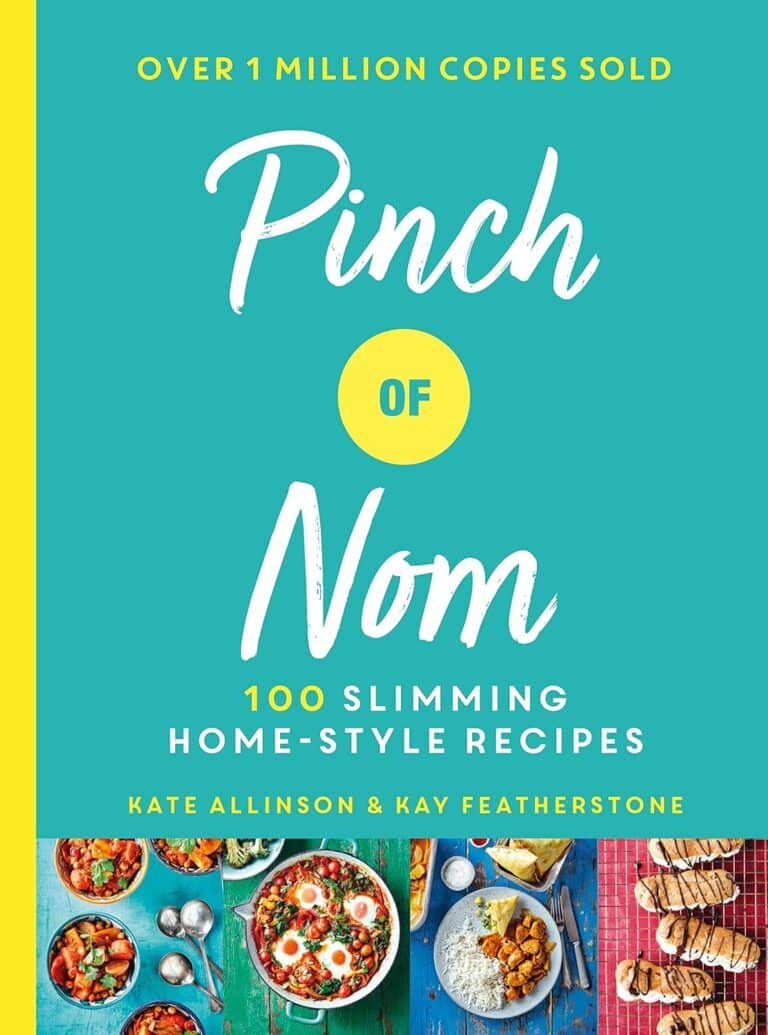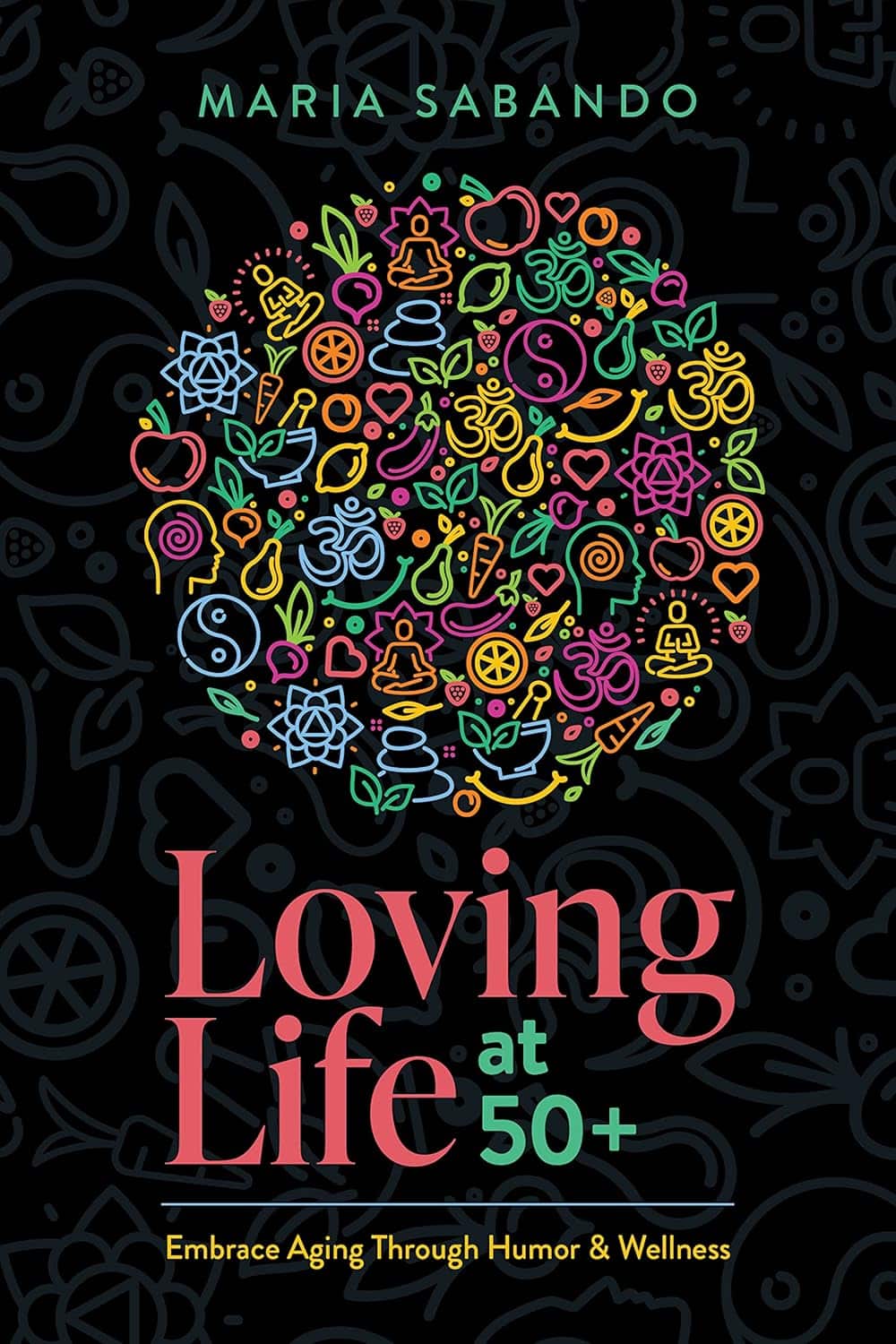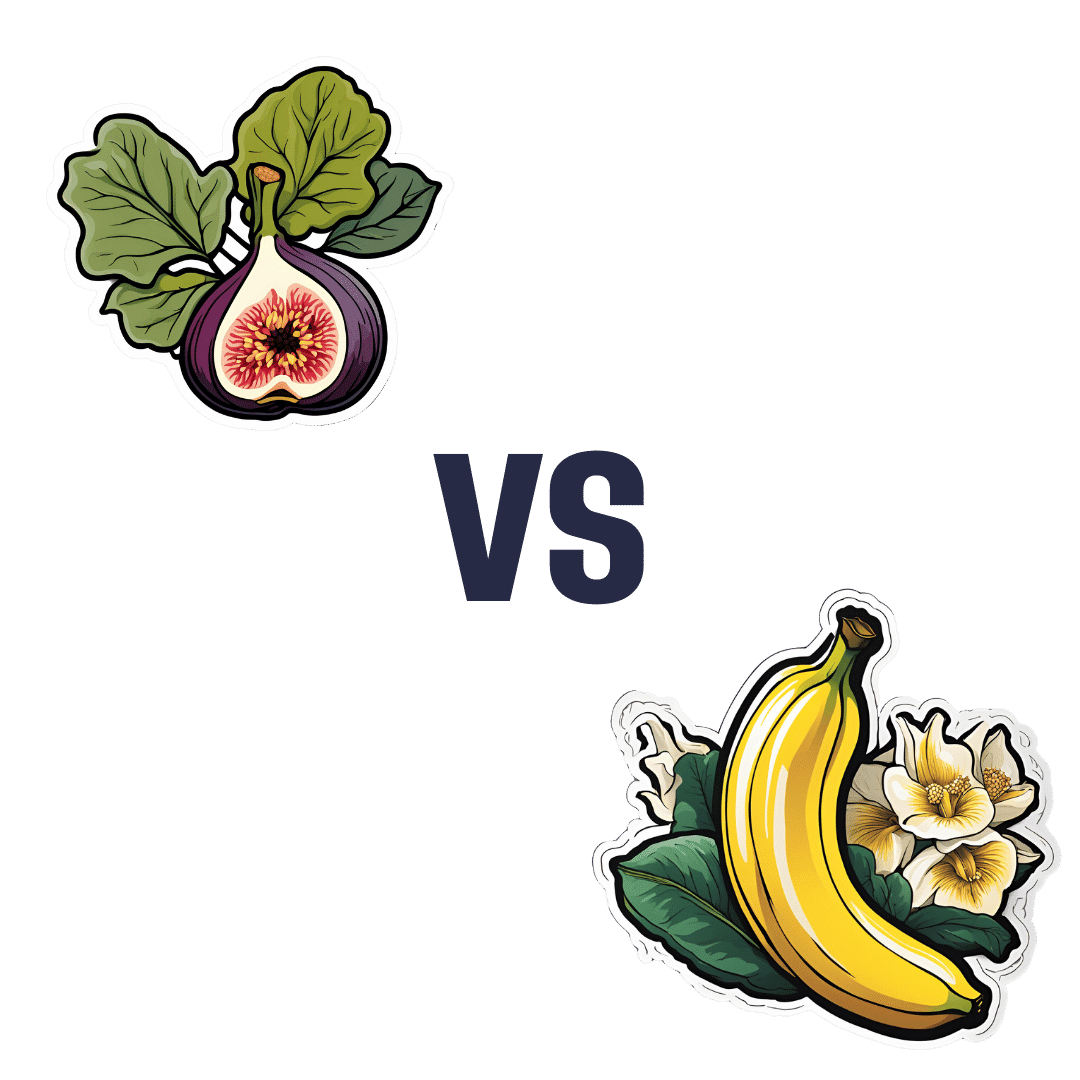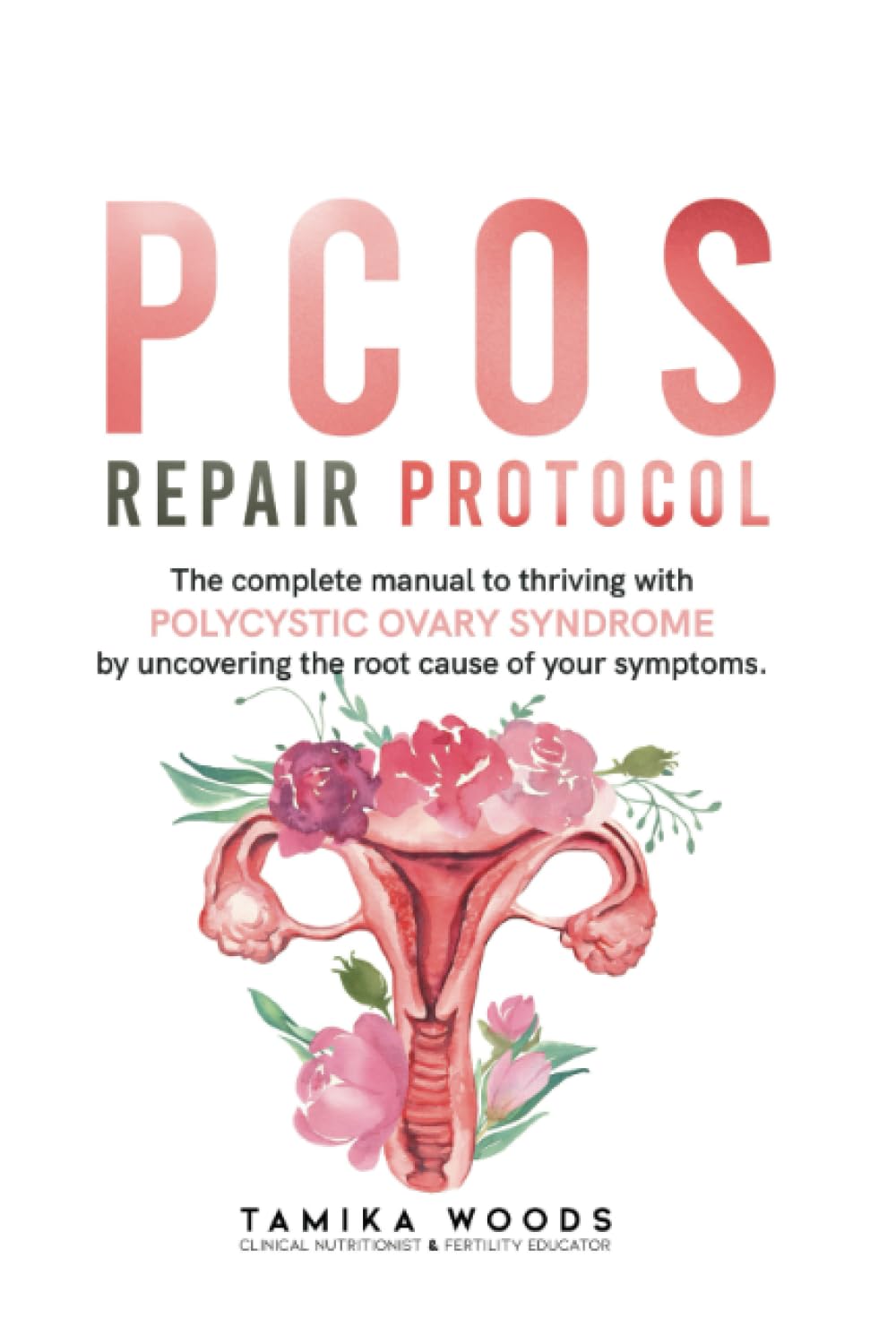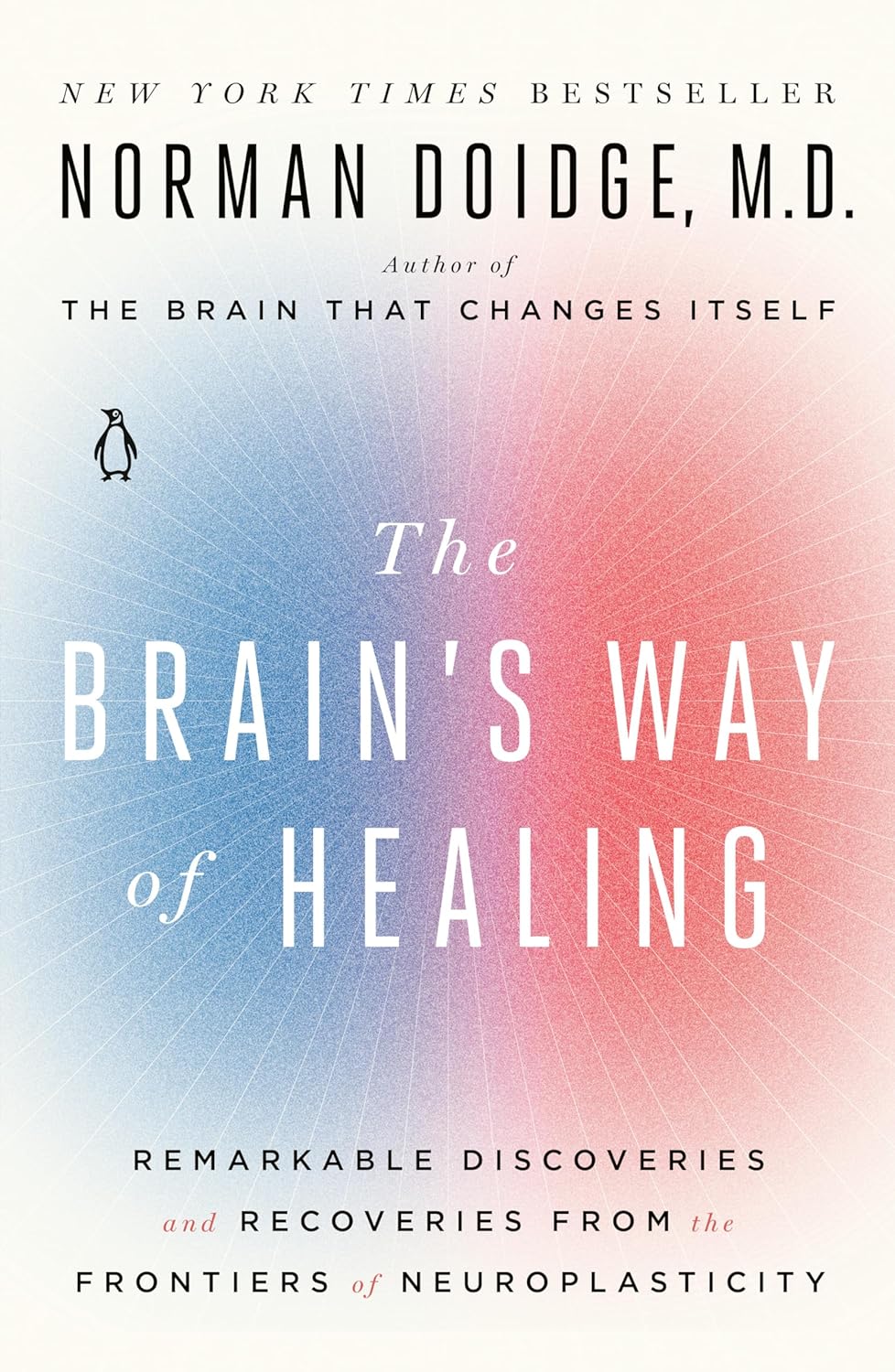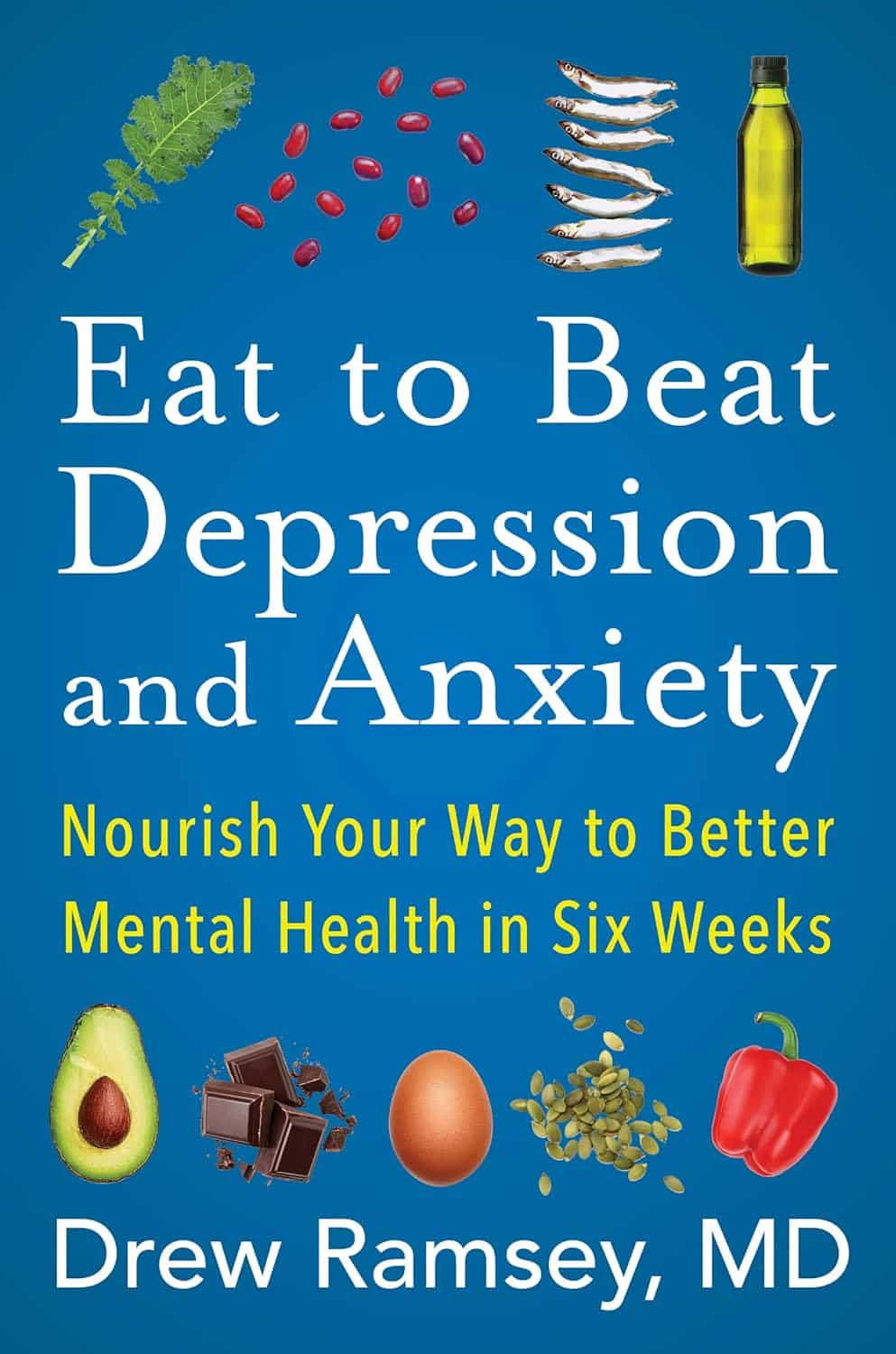
Eat to Beat Depression and Anxiety – by Dr. Drew Ramsey
10almonds is reader-supported. We may, at no cost to you, receive a portion of sales if you purchase a product through a link in this article.
Most of us could use a little mood boost sometimes, and some of us could definitely stand to have our baseline neurochemistry elevated a bit. We’ve probably Googled “foods to increase dopamine”, and similar phrases. So, why is this a book, and not just an article saying to eat cashews and dark chocolate?
Dr. Drew Ramsey takes a holistic approach to health. By this we mean that to have good health, the whole body and mind must be kept healthy. Let a part slip, and the others will soon follow. Improve a part, and the others will soon follow, too.
Of course, there is only so much that diet can do. Jut as no diet will replace a Type 1 Diabetic’s pancreas with a working one, no diet will treat the causes of some kinds of depression and anxiety.
For this reason, Dr. Ramsey, himself a psychiatrist (and a farmer!) recommends a combination of talking therapy and diet, with medications as a “third leg” to be included when necessary. The goal, for him, is to reduce dependence on medications, while still recognizing when they can be useful or even necessary.
As for the practical, actionable advices in the book, he does (unsurprisingly) recommend a Mediterranean diet. Heavy on the greens and beans, plenty of colorful fruit and veg, small amounts of fish and seafood, even smaller amounts of grass-fed beef and fermented dairy. He also discusses a bunch of “superfoods” he particularly recommends.
Nor does he just hand-wave the process; he talks about the science of how and why each of these things helps.
And in practical terms, he even devotes some time to helping the reader get our kitchen set up, if we’re not already ready-to-go in that department. He also caters to any “can’t cook / won’t cook” readers and how to work around that too.
Bottom line: if you’d like to get rewiring your brain (leveraging neuroplasticity is a key component of the book), this will get you on track. A particular strength is how the author “thinks of everything” in terms of common problems that people (especially: depressed and anxious people!) might have in implementing his advices.
Don’t Forget…
Did you arrive here from our newsletter? Don’t forget to return to the email to continue learning!
Recommended
Learn to Age Gracefully
Join the 98k+ American women taking control of their health & aging with our 100% free (and fun!) daily emails:
-
Loving Life at 50+ – by Maria Sabando
10almonds is reader-supported. We may, at no cost to you, receive a portion of sales if you purchase a product through a link in this article.
What a pleasant mix of a book! Sabando writes about aging with a great blend of light-heartedness and seriousness, and gives extra attention to the important balancing act of:
- Indulging sufficiently to enjoy life
- Staying well enough to enjoy life
…because one without the other will not generally result in an enjoyable life! An American proud of her Italian heritage, she blends (as many immigrant families do) cultures and perspectives, aiming where she can for “the best of both” in that regard, too.
Nor is this just a philosophical book—there’s yoga to be learned here, chapter by chapter, and recipes peppered throughout. The recipes, by the way, are simple and… Honestly, not as healthy as the recipes we share here at 10almonds, but they are good and when it comes to those indulgences we mentioned, her philosophy is that strategic mindful indulgence keeps mindless binge-eating at bay. Which is generally speaking not a bad approach, and is one we’ve written about before as well.
When it comes to health advice, the author is no doctor or scientist, but her husband (a doctor) had input throughout, keeping things on track and medically sound.
The style is very casual, like talking to a friend, which makes for a very easy and enjoyable read. Absolutely a book that one could read casually in the garden, put down when interrupted, pick up again, and continue happily where one left off.
Bottom line: whatever your age (no matter whether your 50th birthday is in your shrinkingly near future or your increasingly distant past), there’s wisdom to be gained here—it’s not a manual (unless you want to treat it as one), it’s more… Thought-provoking, from cover to cover. Highly recommendable.
Click here to check out Loving Life at 50+, and love life at 50+!
Share This Post
-
Figs vs Banana – Which is Healthier?
10almonds is reader-supported. We may, at no cost to you, receive a portion of sales if you purchase a product through a link in this article.
Our Verdict
When comparing figs to banana, we picked the banana.
Why?
Both of these fruits have a reputation for being carb-heavy (though their glycemic index is low in both cases because of the fiber), and they both have approximately the same macros across the board. So a tie on macros.
When it comes to vitamins, figs have more of vitamins A, B1, E, and K, while banana has more of vitamins B2, B3, B5, B6, B9, C, and choline. So, a win for banana there.
In the category of minerals, figs have more calcium and iron, while banana has more copper, magnesium, manganese, phosphorus, potassium, and selenium. Another win for banana.
Adding up the section makes for a win for bananas, but by all means, enjoy either or both; diversity is good!
Want to learn more?
You might like to read:
Which Sugars Are Healthier, And Which Are Just The Same?
Take care!
Share This Post
-
PCOS Repair Protocol – by Tamika Woods
10almonds is reader-supported. We may, at no cost to you, receive a portion of sales if you purchase a product through a link in this article.
PCOS (Polycystic Ovary Syndrome) affects about 1 in 5 women, and the general position of the medical establishment is “Oh dear, how sad; never mind”.
…which leaves a lot of people suffering with symptoms with little to no help.
This book looks to address that, and while it doesn’t claim to cure PCOS, it offers a system for managing (including: reducing) the symptoms. The author, a clinical nutritionist by academic background, tackles this in large part via being mindful about what one eats, in the context of the gut and endocrine system specifically.
It’s not just “have a gut healthy diet and eat foods with these nutrients”, though (although yes: also that). Rather, the author walks us through in-depth quizzes and lab testing advice, to advise the reader on how to understand the root cause of your PCOS symptoms, and then address each of those with an individualized management plan.
The style is on the low-end of pop-science, notwithstanding the clinically-informed content. For those who like a very chatty informal approach, you’ll find this one perfect. For those who don’t, well, you won’t find this one perfect, but you will most likely find it informative all the same.
Bottom line: if you or someone you care about (do you know 5 women?) has PCOS, the information in here could make a difference.
Click here to check out PCOS Repair Protocol, and suffer less!
Share This Post
Related Posts
-
Head Over Hips
10almonds is reader-supported. We may, at no cost to you, receive a portion of sales if you purchase a product through a link in this article.
We’ve written before about managing osteoarthritis (or ideally: avoiding it, but that’s not always an option on the table, of course), so here’s a primer/refresher before we get into the meat of today’s article:
Avoiding/Managing Osteoarthritis
When the head gets in the way
Research shows that the problem with recovery in cases of osteoarthritis of the hip is in fact often not the hip itself, but rather, the head:
❝In fact, the stronger your muscles are, the more protected your joint is, and the less pain you will experience.
Our research has shown that people with hip osteoarthritis were unable to activate their muscles as efficiently, irrespective of strength.
Basically, people with hip arthritis are unable to activate their muscles properly because the brain is actively putting on the brake to stop them from using the muscle.❞
This is a case of a short-term protective response being unhelpful in the long-term. If you injure yourself, your brain will try to inhibit you from exacerbating that injury, such as by (for example) disobliging you from putting weight on an injured joint.
This is great if you merely twisted an ankle and just need to sit back and relax while your body works its healing magic, but it’s counterproductive if it’s a chronic issue like osteoarthritis. In such (i.e. chronic) cases, avoidance of use of the joint will simply cause atrophy of the surrounding muscle and other tissues, leading to more of the very wear-and-tear that led to the osteoarthritis in the first place.
So… How to deal with that?
You probably can exercise
It’s easy to get caught between the dichotomy of “exercise and inflame your joints” vs “rest and your joints seize up”, which is not pleasant.
However, the trick lies in how you exercise, per joint type:
When Bad Joints Stop You From Exercising (5 Things To Change)
…which to be clear, isn’t a case of “avoid using the joint that’s bad”, but is rather “use it in this specific way, so that it gets stronger without doing it more damage in the process”.
Which is exactly what is needed!
Further resources
For those who like learning from short videos, here’s a trio of helpers (along with our own text-based overview for each):
- The Most Underrated Hip Mobility Exercise (Not Stretching)
- Overcome Front-Of-Hip Pain
- 10 Tips To Reduce Morning Pain & Stiffness With Arthritis
And for those who prefer just reading, here’s a book we reviewed on the topic:
11 Minutes to Pain-Free Hips – by Melinda Wright
Take care!
Don’t Forget…
Did you arrive here from our newsletter? Don’t forget to return to the email to continue learning!
Learn to Age Gracefully
Join the 98k+ American women taking control of their health & aging with our 100% free (and fun!) daily emails:
-
The Brain’s Way of Healing – by Dr. Norman Doidge
10almonds is reader-supported. We may, at no cost to you, receive a portion of sales if you purchase a product through a link in this article.
First, what this book isn’t: any sort of wishy-washy “think yourself better” fluff, and nor is it a “tapping into your Universal Divine Essence” thing.
In contrast, Dr. Norman Doidge sticks with science, and the only “vibrational frequencies” involved are the sort that come from an MRI machine or similar.
The author makes bold claims of the potential for leveraging neuroplasticity to heal many chronic diseases. All of them are neurological in whole or in part, ranging from chronic pain to Parkinson’s.
How well are these claims backed up, you ask?
The book makes heavy use of case studies. In science, case studies rarely prove anything, so much as indicate a potential proof of principle. Clinical trials are what’s needed to become more certain, and for Dr. Doidge’s claims, these are so far sadly lacking, or as yet inconclusive.
Where the book’s strengths lie is in describing exactly what is done, and how, to effect each recovery. Specific exercises to do, and explanations of the mechanism of action. To that end, it makes them very repeatable for any would-be “citizen scientist” who wishes to try (in the cases that they don’t require special equipment).
Bottom line: this book would be more reassuring if its putative techniques had enjoyed more clinical studies… But in the meantime, it’s a fair collection of promising therapeutic approaches for a number of neurological disorders.
Click here to check out The Brain’s Way of Healing, and learn more!
Don’t Forget…
Did you arrive here from our newsletter? Don’t forget to return to the email to continue learning!
Learn to Age Gracefully
Join the 98k+ American women taking control of their health & aging with our 100% free (and fun!) daily emails:
-
Miss Diagnosis: Anxiety, ADHD, & Women
10almonds is reader-supported. We may, at no cost to you, receive a portion of sales if you purchase a product through a link in this article.
It’s Q&A Day at 10almonds!
Have a question or a request? We love to hear from you!
In cases where we’ve already covered something, we might link to what we wrote before, but will always be happy to revisit any of our topics again in the future too—there’s always more to say!
As ever: if the question/request can be answered briefly, we’ll do it here in our Q&A Thursday edition. If not, we’ll make a main feature of it shortly afterwards!
So, no question/request too big or small
❝Why is ADHD so often misdiagnosed as anxiety in women?❞
A great question! A short and slightly flippant answer could be “it’s the medical misogyny”:
Women and Minorities Bear the Brunt of Medical Misdiagnosis
…and if you’d like to learn more in-depth about this, we recommend this excellent book:
Unwell Women: Misdiagnosis and Myth in a Man-Made World – by Dr. Elinor Cleghorn ← you can read our review here
However, in this case there is more going on too!
Part of this is because ADHD is, like many psychiatric issues, a collection of symptoms that may or may not all always be present. Since clinical definitions are decided by clinicians, rather than some special natural law of the universe, sometimes this results in “several small conditions in a trenchcoat”, and if one symptom is or isn’t present, it can make things look quite different:
What’s The Difference Between ADD and ADHD?
There are two things at hand here: as in the above example, there’s the presence or absence of hyperactivity, but also, that “attention deficit”?
It’s often not really a deficit of attention, so much as the attention is going somewhere else—an example of naming psychiatric disorders for how they affect other people, rather than the person in question.
Sidenote: personality disorders really get the worst of this!
“You have a deep insecurity about never being good enough, and you constantly mess up in your attempt to overcompensate? You may have Evil Bastard Disorder!”
“You have a crippling fear of abandonment and that you are fundamentally unloveable, so you do all you can to try to keep people close? You must have Manipulative Bitch Disorder!”
etc
See also: Why Everyone You Don’t Like Is A Narcissist
In the case of ADHD and anxiety and women, a lot of this comes down to how the redirection of focus is perceived:
❝For some time, it has been held that women with ADHD are more likely to internalize symptoms and become anxious and depressed and to suffer emotional dysregulation❞
This internalization of symptoms, vs the externalization more generally perceived in boys and men, is more likely to be seen as anxiety.
Double standards also abound for social reasons, e.g:
- He is someone who thinks ten steps ahead and covers all bases
- She is anxious and indecisive and unable to settle on one outcome
Here’s a very good overview of how this double-standard makes its way into diagnostic processes, along with other built-in biases:
Miss. Diagnosis: A Systematic Review of ADHD in Adult Women
Want to learn more?
We’ve reviewed quite a few books about ADHD, but if we had to pick one to spotlight, we’d recommend this one:
The Silent Struggle: Taking Charge of ADHD in Adults – by L. William Ross-Child, MLC
Enjoy! And while we have your attention… Would you like this section to be bigger? If so, send us more questions!
Don’t Forget…
Did you arrive here from our newsletter? Don’t forget to return to the email to continue learning!
Learn to Age Gracefully
Join the 98k+ American women taking control of their health & aging with our 100% free (and fun!) daily emails:

